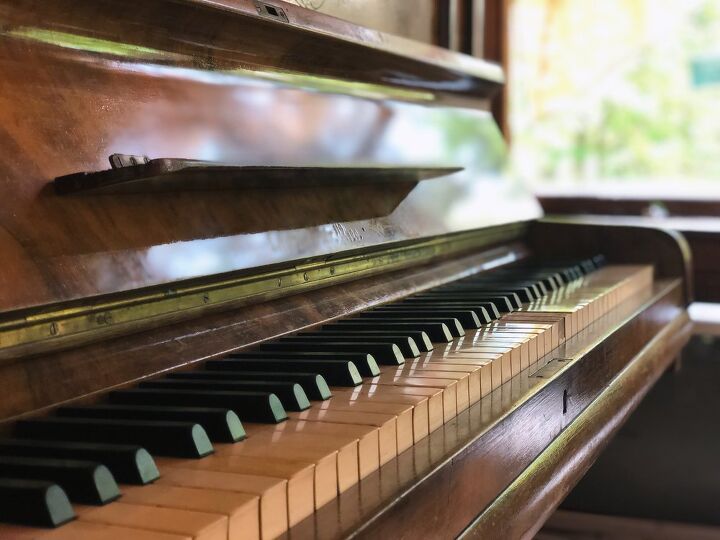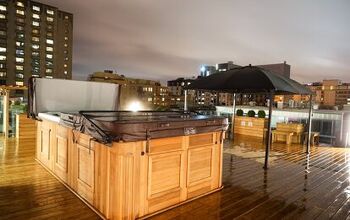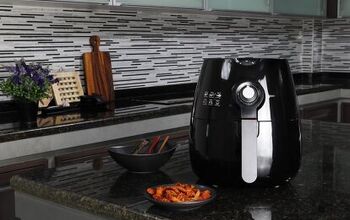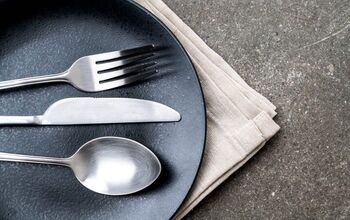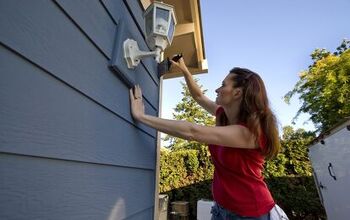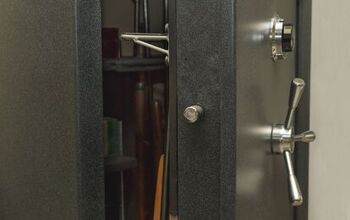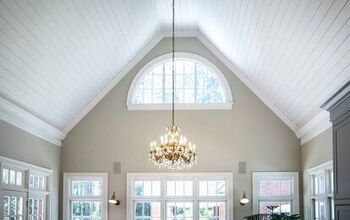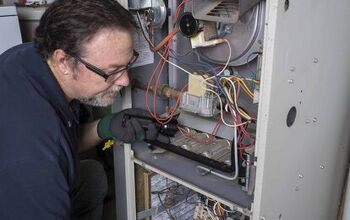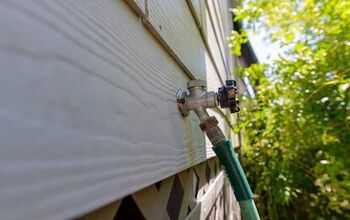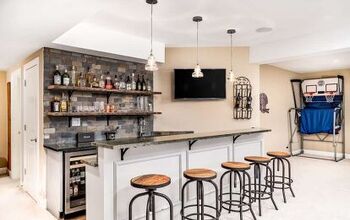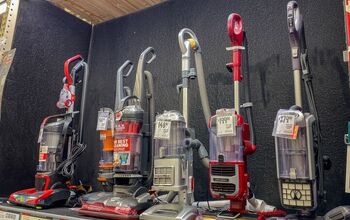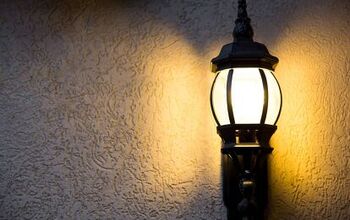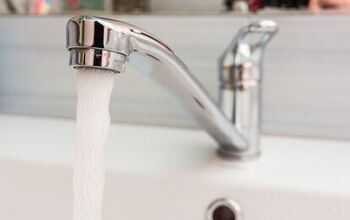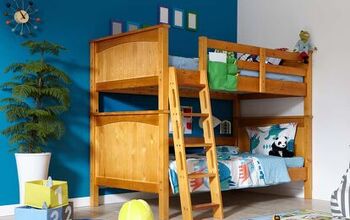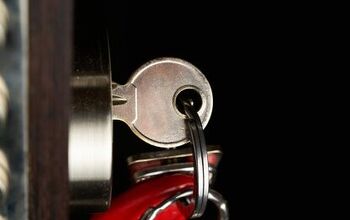Can You Put A Piano On An Outside Wall? (Find Out Now!)

The other day, I passed by a Steinway store. Right near the windows was a beautiful alabaster grand piano that grabbed my attention even though I was driving by. This got me thinking. Pianos are expensive because they are sensitive instruments. They have a lot of strings, ivory keys, and more that need to be cared for. Placement is crucial. Can you place a piano near an outside wall?
As long as the piano is in an area that does not have major temperature and humidity fluctuations, you should be fine. Pianos can be placed near an outside wall provided that they are not near windows, heaters, or fireplaces. Doorways also can prove to be a risk as a result of major temperature changes, too.
Piano placement is not the first thing that people tend to think about when they see a Steinway. But, it’s a major part of making your home’s piano last a long time. It’s time to talk about it.
Before We Begin: A Note About Your Piano’s Needs
If you have ever seen a price tag on a brand new piano, it’s clear that pianos are going to be expensive. This is literally by design. Pianos are exceedingly difficult to make, and extremely difficult to take care of. They are precision instruments that can get ruined by rapid changes in both heat and temperature. What does this mean for your piano’s placement?
- Your piano cannot be in any location that can get too hot or too cold. Extreme temperatures can cause the strings inside your instrument to warp, tighten, or otherwise lose their quality. In extreme cases over long periods of time, it will make your piano’s wood warp.
- Extreme humidity and dryness can also contribute to piano decay. This is a particularly problematic issue for strings, antiques as well as pianos that have leather trim.
- Areas that could involve tumbles, impact, or accidents should be avoided at all costs. A piano, if broken, is usually done for. There is not much you can do if a car drives through your home and hits your piano.
Can You Put Your Piano On An Outside Wall?
Ideally, your piano will be in a part of your home that has a very steady and stable environment. Your home’s outside walls (the walls that divide your home’s interior from the exterior) can potentially be a place to put your piano. However, this often isn’t the case.
In order for your piano to last as long as possible, you will need to have an area that has a very constant state of temperature. This means that you should try to keep your piano a minimum of three feet away from the following items on your wall:
- Doors And Windows. This leads to drafts, the chance of rain leaking in through openings, and other major hazards for pianos. Unless you want to shovel snow off your piano during a major Nor’Easter, you might want to avoid it. Besides, direct sunlight is going to stain your piano’s finish.
- Heaters And AC Units. Yes, those heaters might keep your toes warm in the summer. That air conditioner might be your saving grace once summer gets there. But both of these items can mess with the humidity and temperatures your piano experiences. I’ve actually heard of one case where a piano’s exterior grew mold on it because of all the excess moisture from the AC unit above it.
- Fireplaces. There are a lot of reasons you don’t want a piano near a fireplace. First off, the heat can make wood and strings warp in a not-good way. Second, it only takes one errant spark to make your piano turn into a fire.
Where Is The Best Place To Put A Piano?
Assuming you have an upright piano, the best place to put it is along an interior wall far away from any water or HVAC equipment that you could have in your home. If you have a grand, a baby grand, or a similar style of piano, then you should place it in the middle of the room away from things that could bunp into it. We suggest having a private music room—it’s definitely doable if you can afford a baby grand!
A Final Note About Piano Ownership
If you want to care for a piano, it’s not just about placement. It’s about regular cleanings, making sure it’s properly tuned, and also having good insurance on it. That’s why we at Upgraded Home strongly suggest you insure your piano against damages. Trust me when I say you’ll be happy you have insurance if your piano ends up in a mishap.
Related Questions
How much does it cost to insure a piano?
This depends on the make and model of the piano. On average, a piano will cost between $200 to $300 per year to insure. However, if you have a very rare piano or an antique, then you may have to pay far more. Pianos can cost upwards of $1 million. This means that insurance for particular models can easily reach $1000 or more per month.
Should you put a rug underneath a piano?
Rugs are actually your best friend if you want to have a piano. A rug should be placed around the entire perimeter of your piano for more reasons than you’d expect. First, rugs help absorb extra soundwaves that bounce off the instrument and hit the floor. This gives you a clearer sound. Second, it also can help protect the legs and feet of the piano.
Are pianos covered underneath regular homeowners insurance?
Yes and no. Many homeowners insurance policies will cover instruments, but only to a point. Pianos are often written out of basic coverage because they are considered to be expensive or unique by nature. You need to make sure that your policy specifically covers your piano.In the event that you bought (or were gifted) a very expensive piano, you may need to take out a separate policy on it. Trust me when I say it’s worth it.

Ossiana Tepfenhart is an expert writer, focusing on interior design and general home tips. Writing is her life, and it's what she does best. Her interests include art and real estate investments.
More by Ossiana Tepfenhart



